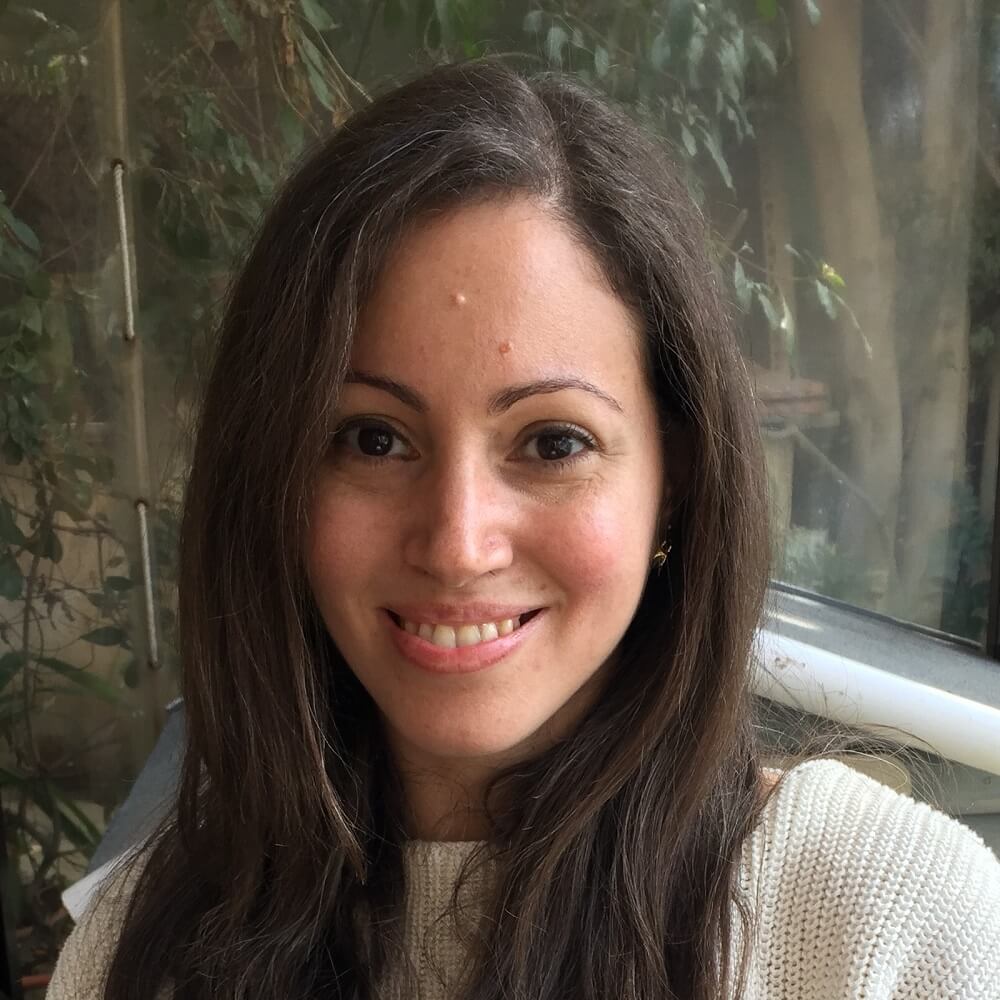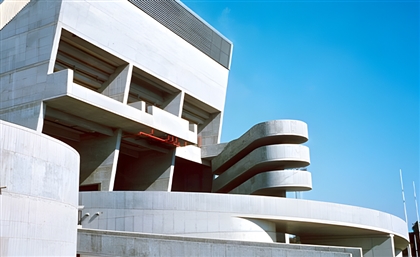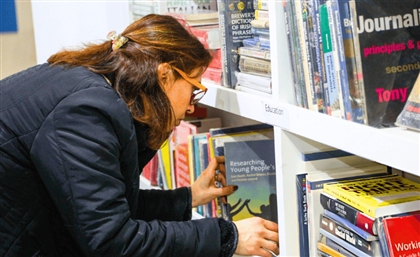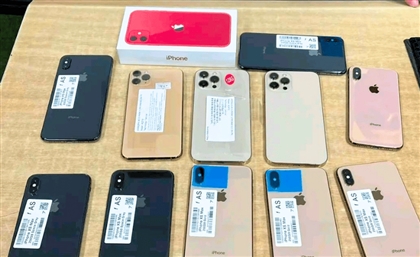How Dendra is Using AI to Restore Mangroves in the UAE
Founded in 2014 by Matthew Ritchies, the startup uses AI solutions to optimise restoration efforts across the globe.
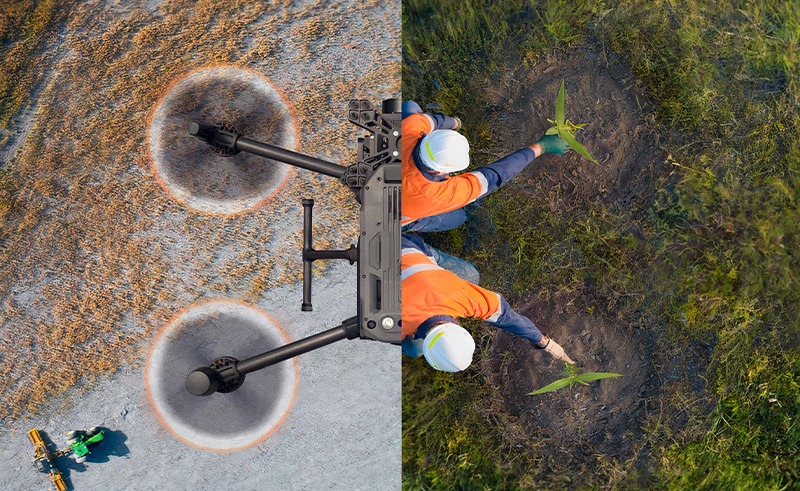
Land degradation has become a growing issue across the world - it is estimated that up to 40% of the world’s land surface is degraded, according to the UN. In the Middle East, the growing scarcity of water resources and high levels of aridity make the region highly susceptible to this complication.
Dendra Systems wants to change that. Founded in 2014 by Matthew Ritchie in Oxford, and later joined by Susan Graham, the startup uses AI and innovative solutions to optimise restoration efforts across the globe. Officially launching its operations in Abu Dhabi in 2023, Dendra focuses on restoring mangroves and desert ecosystems in hopes of making a tangible impact in the country’s biodiversity.
“We came up with a very unique restoration process that combines ecology best practices, Remote Sensing, Machine Learning and AI, GIS and Drone technologies all in one operating system we call RestorationOS,” Georges Ibrahim, General Manager of Dendra Middle East, tells StartupScene. “We bring these different technologies together to complement each other and to help restore degraded land at a large scale.”
Since operating in Abu Dhabi, the startup has already restored one million mangroves, and plans to restore a total of 27.3 million in the next five years as part of the Abu Dhabi Mangrove Initiative.
PLANTING SEEDS BY DRONES
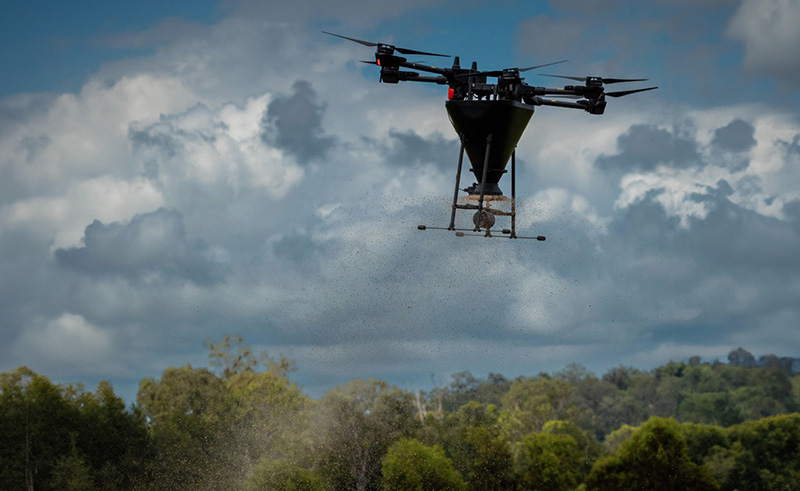 Initially working on restoring mines in Australia, the startup has evolved to include mangrove and desert restoration efforts by drone seeding. To do that, it uses data and insights to determine the status of a specific ecosystem before deciding on the best area for restoration.
Initially working on restoring mines in Australia, the startup has evolved to include mangrove and desert restoration efforts by drone seeding. To do that, it uses data and insights to determine the status of a specific ecosystem before deciding on the best area for restoration.
“We work and deliver a data driven restoration process” says Ibrahim. “Any decision that needs to be taken must be based on data, in our case by mapping large areas at high resolution, analysing it, and determining whether these areas require restoration, rehabilitation, or conservation. Such data is also processed and analysed using Machine Learning and AI models, and accordingly, we decide on the best approach suitable for that specific ecosystem.”
Instead of randomly spreading seeds, it plants them in areas that have the best chance of survival. This way, the seeds don’t compete with each other for resources including water, nutrients and sunlight.
Perhaps what makes the startup ahead of its time is its reliance on drones, which have the capability to distribute 1.5 tons of seeds daily to restore large areas in a short amount of time. “Our technology allows us to do restoration at hundreds and thousands of hectares at once, our planet needs us to move fast to restore it, and our technology delivers the impact required within the timeframe in hand,” Ibrahim says.
The drones are fully automated and know when to start and stop seeding. Once the seeding process is completed, the startup then monitors the restoration effort to ensure that the seeds are growing successfully.
REGULATORY CHALLENGES
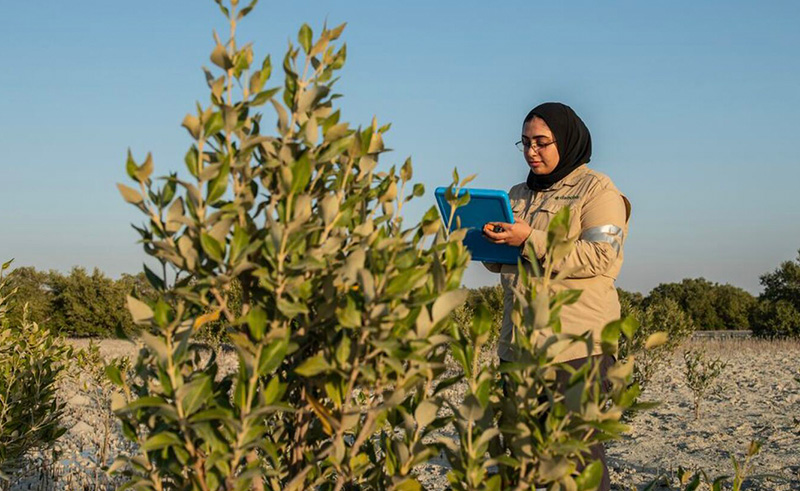 Using AI operated drones may be a revolutionary way to restore degraded land, but it is not without challenges.
Using AI operated drones may be a revolutionary way to restore degraded land, but it is not without challenges.
For Dendra, operating large commercial drones - the largest that have operated in the UAE, according to Ibrahim - involved a lot of discussions with regulatory bodies in the country. “It was important to discuss how these drones should be operated,” says Ibrahim. “By adopting the most stringent and high standard safety processes, we made sure our drones are very safe to operate with the large loads they carry.”
As a result, Dendra prepared robust safety and operational assessments to different regulatory bodies, including the General Civil Aviation Authority. “Everything worked great,” he says. “We’re now using the technology and processes that we are building to expand to other countries in the region to help support their requirements and delivery impact at scale.”
SCALING RESTORATION
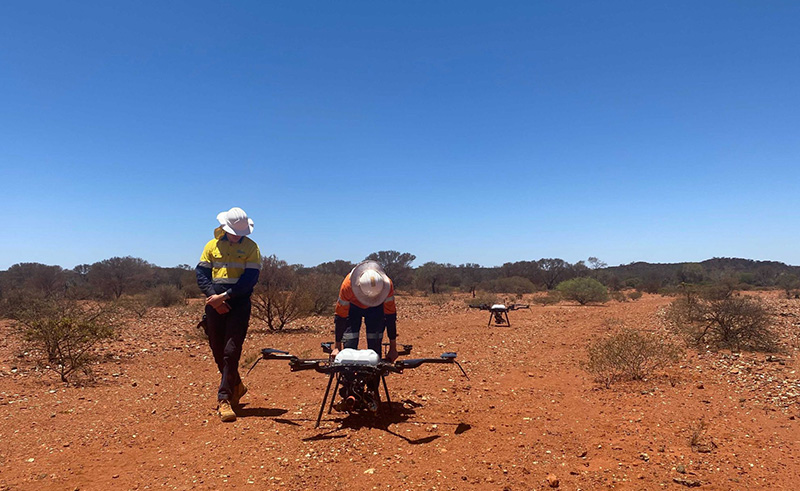 To scale up restoration in the UAE and across the region, Dendra partners with various governmental and regulatory bodies, as well as the private sector.
To scale up restoration in the UAE and across the region, Dendra partners with various governmental and regulatory bodies, as well as the private sector.
“We’re working on how we can enable others to do restoration work, and impact different ecosystems,” he says. “So, what we are building and trying to develop further is how this technology and platform that we have can provide the required means for different contractors, consultants, and operators to use our data driven restoration approach.”
Besides working with the Environment Agency of Abu Dhabi to support the mangrove initiative, the startup also partners with energy companies to help them reach their net zero targets.
In December 2023, Dendra closed a Series B round to help scale its operations, bringing its total investments raised to $27.1 million to date.
Funding may be running dry in the region and across the globe, but Dendra’s unique approach to restoring degraded land and the environment has piqued investor interest. “Funding has been more difficult in the last few years, but we were able to prove the need for our technology. it’s highly required and highly needed,” says Ibrahim. “It’s a very hot topic now when you speak about the environment, environmental challenges and how we can resolve them. So, we are seeing more interest from different investors to tap into such technologies and to be able to support such initiatives, especially at the early stages.”
Looking to the future, Dendra is aiming to double its restoration efforts year over year, and increase the efficiency of its operations to further restore arid land in the UAE, and soon in the region. “I believe we all need to work together to preserve our ecosystem,” he says. “There is a lot of attention now to promote environmental work, and part of our mission is to increase the awareness within our communities, since we believe everyone is responsible to play a pivotal role in preserving our environment.”
Trending This Week
-
Jan 18, 2026
-
Jan 18, 2026







